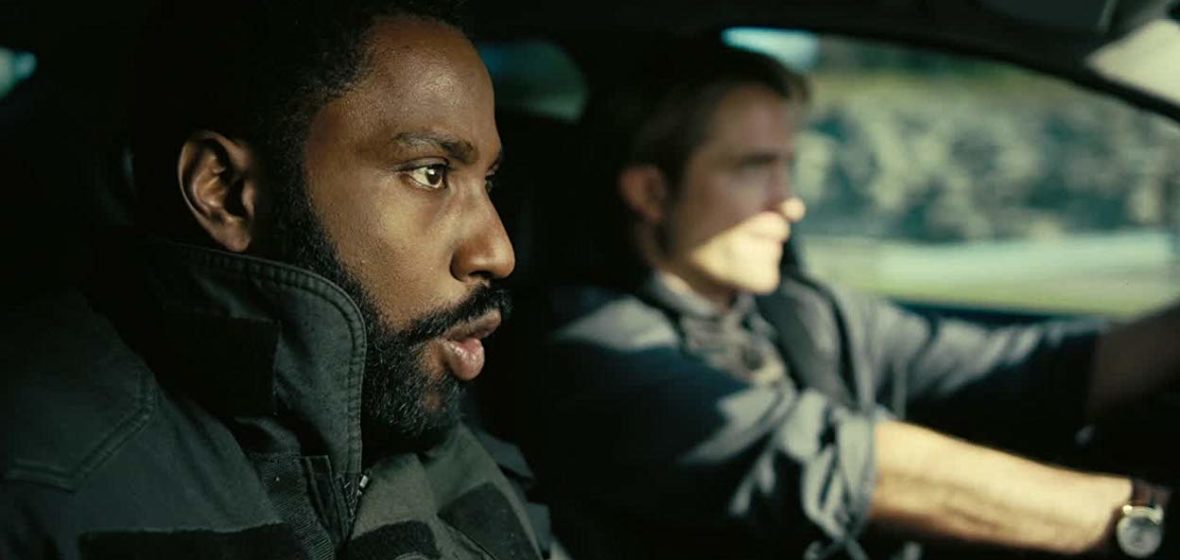Rating: *** stars
This is it. The film that was promised to save cinemas and bring back the crowds to the multiplexes finally arrives, pandemic be damned, with Christopher Nolan’s guarantee that it has to be seen in the big screen.
While I agree the scope is impressive and that 70mm image crispy as ever, what makes this an obligatory cinema experience is that you’re less likely to be distracted in the dark of a theatre. Even then it’s difficult to grasp.
Tenet is a genre-bending, time-hodgepodge concept action-sci-fi thriller about a man, only referred to as Protagonist (John David Washington) working to stop World War III from the whims of a Russian oligarch (Kenneth Branagh) with the help of his wife (Elizabeth Debicki) and a team of agents that include Robert Pattinson doing his best archetypal Nolan sidekick.
There’s surprisingly little to no story, which the film compensates for with a seemingly infinite amount of plot. Every sequence is an excuse for Nolan to dump all the exposition he can, as he tries to make sense of the conceptual science he came up with. Characters run, shoot each other, escape explosions while explaining how paradoxes and the wobbly rules of time physics work. Time goes backwards in these grandiose action set pieces but without an inkling of the same emotional punch.
It’s all really exciting and stimulating, Nolan is a master at keeping the tempo at the right balance to keep his audience interested, but with that comes all of his shortcomings as a filmmaker. Tenet is, ultimately, the Nolanest of all his films. Everything bad and good about his craft is cranked up to the point of mayhem – confusing concepts of time? Check. Tenuous metaphors about filmmaking? Check. Serious men in suits so obsessed with their job it’s the full extent of their personality? Check. Unwritten female characters? Check. Michael Caine? Of course, check.
Tenet is a gorgeous piece of filmmaking, though. Cinematographer Hoyte Van Hoytema, working with Nolan for the second time after replacing the experienced Roger Deakins in Dunkirk, uses the 70mm beyond the idea of scope. The palette, characteristically grey and white, is heightened with these stark contrast areas that almost add another dimension of depth to the image. Framing was never Nolan’s interest, and his composition is more effective than breathtaking, but he understands what an image needs to create a heightened cinematic film.
Added to this his actors are terrific, especially the ones who have little to work with. Pattinson is competent but mostly forgettable, though not to his fault. John David Washington, who we last saw as the titular Blackkklansman, doesn’t have to prove that he can carry a film, but he has what it takes to be a genuine Hollywood star.
For me the MVPs are Branagh and Debicki. The former is having fun, almost unrecognisable, in a role that demands him to be believably threatening in a cartoonish demeanor. The latter suffers from being reduced to the usual Nolan female character – a damaged wife and mother – who fights to add a more complex, even if the script doesn’t offer the same courtesy.
But it’s mostly all for naught. Maybe one has to watch it twice to truly appreciate this palindromic fever dream; or maybe you’re supposed to take it for granted and not think about it, for revealing its layers can show the holes this mess so cleverly hid.
Tenet is now showing in cinemas




